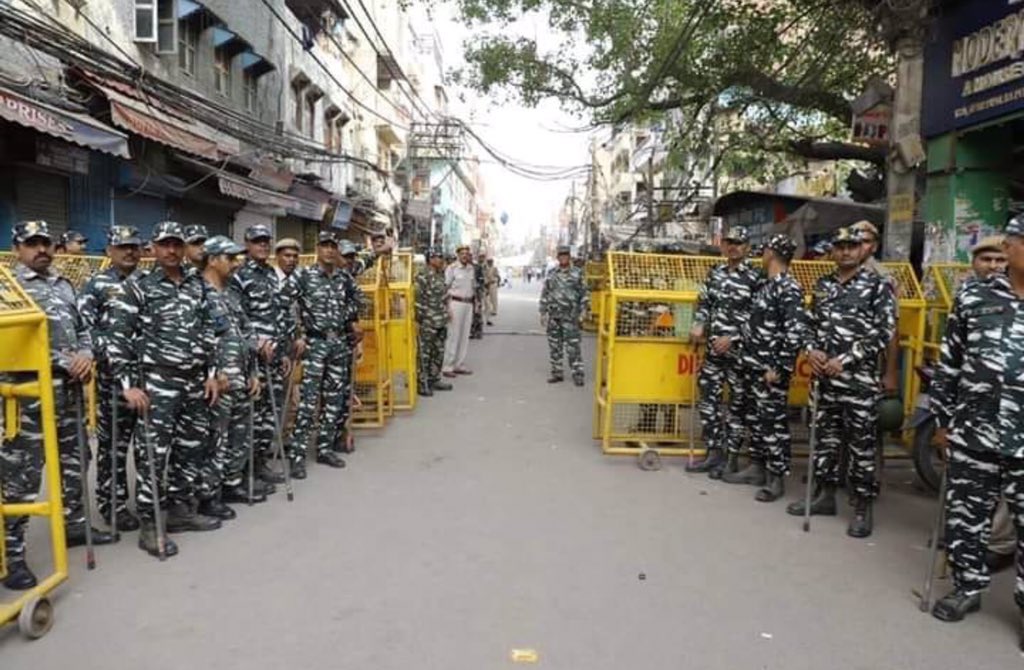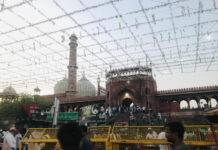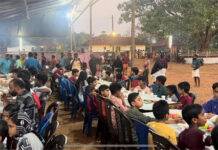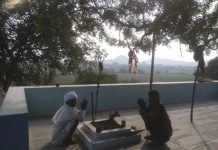A wave of communal disharmony recently affected Delhi’s Chandni Chowk area resulting in a police curfew that did ample harm to India’s secular fabric. Located in Old Delhi, the Chandni Chowk area represents the centre of Islamic culture in the Capital and houses hundreds of Muslim families many of whom trace back their legacies to the Mughal dynasty.
The reports of temple vandalism and resultant communal tension erupted from the Hauz Qazi area of Chandni Chowk a day after reports of a fight over the car parking space surfaced across news channels.
One of the men involved in the fight over the parking argued that when he found an unknown bike parked outside his house, he requested the owner to park it somewhere else and this lead to a fight amongst the two. He also said that while he did not appreciate the owner’s choice of parking the bike in front of his house, he did not know whether it was a Muslim or a Hindu person who had done so.
While a man who was directly party to the scuffle did not know or care about whether the owner of the bike parked outside his house was a Hindu or a Muslim, the politicians of the nation decided to exploit the situation for communal tension. What is sad is that instead of calming down the situation and resolving the conflict, politicians decided to give the whole incident a communal colour. While the reports do suggest that the incident that flared up the scuffle was related to an argument between Sanjeev Gupta( resident of a building in Old Delhi’s Hauz Qazi area) and Aas Mohammad(who tried to park his scooter outside the building) when the former told him to park his bike somewhere else, he allegedly threatened him and returned with a group of men.
[irp]Another version of the incident suggests that it was Sanjeev Gupta who broke out into a quarrel with Mohammad and took him inside the building with the help of some other people and beat him up. Later both the men were taken to the station and meanwhile some unknown elements vandalised the temple.
The police have so far registered three cases- one based on Sanjeev Gupta’s version, the second based on Aas Mohammad’s version and the third on unknown persons for vandalising the Durga temple and for rioting and damaging public property.
The police commissioner has said that the situation is now normal and under control.
It is ironic that we find ourselves at a time when even day to day conflicts such as those related to parking spaces can take on such a violent turn.
Instead of amicably solving the problem and working towards harmoniously living together, we have become so prone to giving everything a communal colour that at the end it is only shallow vote bank politics that wins and successfully divides us based on communal lines. It is tragic that in such volatile moments our politicians also choose to only aggravate the situation instead of working towards communal harmony. How fragile will such incidences end up making India’s secular fabric?














